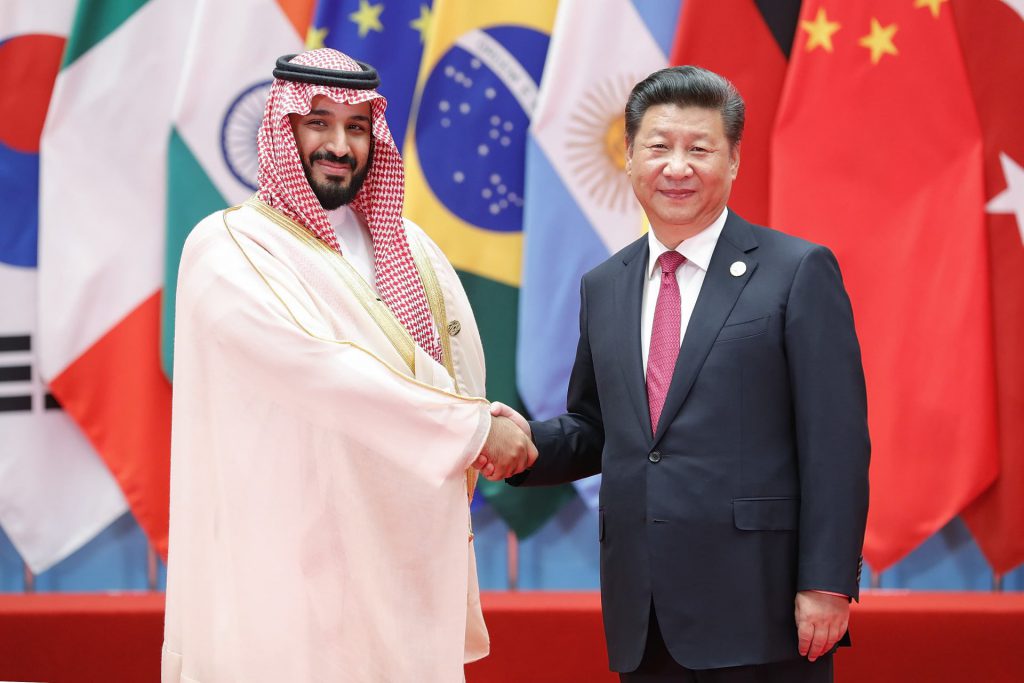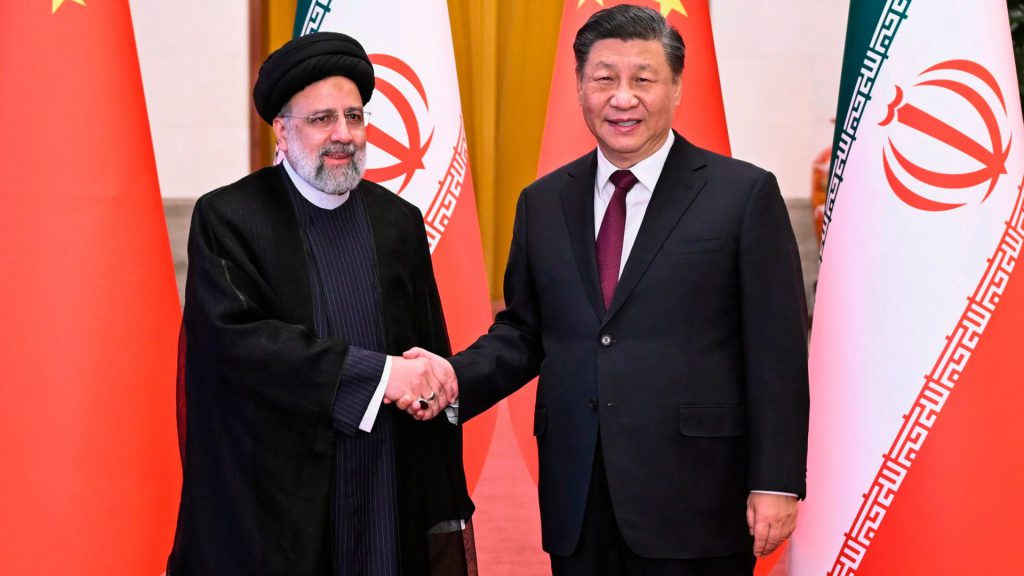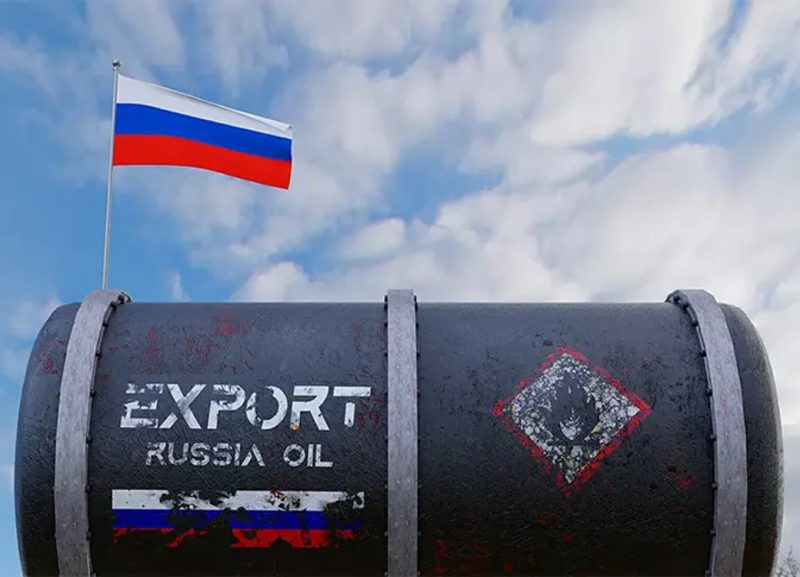With the annual summit set to bring about potential expansion, the BRICS economic alliance could be poised to control 60% of global oil reserves. Indeed, depending on which countries fulfill expansion requirements, the bloc could control one of the world’s most important assets.
The bloc is expected to solidify expansion criteria, with no shortage of countries seeking entry. Moreover, nations like Saudi Arabia, Iran, the United Arab Emirates, and Egypt are among the interested parties. Subsequently, they could boost the oil reserves already held by the alliance. Thus, progressing its economic standing internationally.


Also Read: Iran Increasing its Efforts to Join BRICS
BRICS Could Control Global Oil Reserves Through Expansion
The BRICS bloc has been on a solid growth trajectory for much of the year. However, that could only accelerate after what occurs at the upcoming annual summit. There, the bloc is expected to discuss some rather important issues. Additionally, they will likely solidify the consensus on expansion guidelines for future members.
Considering interested nations, the BRICS bloc could be poised to control 60% of global oil reserves through expansion. Specifically, as it seeks to induct countries like Saudi Arabia, Iran, Egypt, and the United Arab Emirates into the alliance. Thus allowing the collective to maintain control of an immensely valuable supply.


Also Read: 34 Countries Confirm They Will Attend the BRICS Summit
Of the countries with the highest oil reserves in the world, Venezuela, Iran, and Saudi Arabia are among the top 5. Interestingly, all have expressed interest in joining the alliance. Indeed, the three nations all constitute 18.2%, 9.5%, and 16.2% of the world’s share, respectively.
Those three countries have also been important additions for other reasons. Especially in the case of Saudi Arabia, the bloc could greatly benefit from the influx of capital it would enjoy. Subsequently, the country is already set to join the New Development Bank at the August Summit. Therefore, its entry into the economic alliance feels likely at this point.





